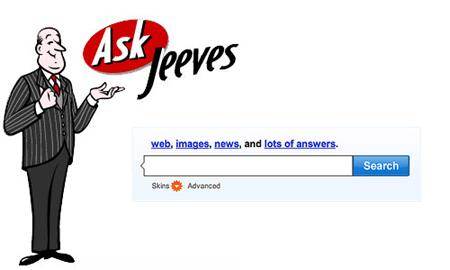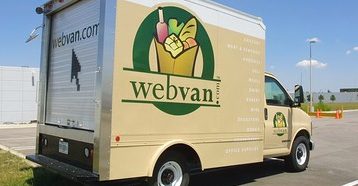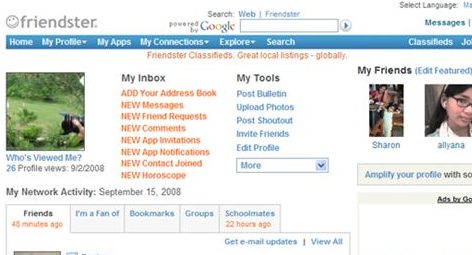Bad timing, poor leadership, and cruel market forces are just some of the main reasons why even the best ideas can go bust. Many of the start-ups we feature below didn’t stand a chance to survive past the dot-com crash. Some of the best ideas, like online grocery delivery and cloud storage for the masses, were resurrected by astute entrepreneurs in the late noughties and turned into the successful businesses we recognise today. After all, it’s no secret that Google, iTunes, and Facebook all came after other entrepreneurs had similar ideas that just couldn’t make it in the real world.
A victim of circumstances: AskJeeves

Before Google was a thought, AskJeeves ruled the internet as the smart search engine. Powered by an intuitive algorithm that made it capable of responding to questions instead of just keywords, AskJeeves actually used many of the methods Google uses to this day such as semantic search and ranking web pages by hyperlinks. Despite its popularity in the 90s, AskJeeves gave into the excesses of the dotcom era and spent a lot more than it was earning, which eventually led to its decline.
Short-sightedness: Webvan

Webvan was one of the first companies that sold groceries online. At its height, it even promised to deliver groceries to customers within a 30-minute window. Webvan’s visionary CEO George Shaheen launched this concept well before its time, and expecting a massive influx of customers, invested heavily in warehouses and delivery fleets, which led to Webvan permanently closing its doors in 2001. Amazon recently revived Webvan as Amazon Fresh which has been a runaway hit so far. Online grocery home deliveries are now a goldmine for traditional supermarkets and online retailers alike, making UK latecomer Ocado the giant it is today. This is a classic example of how growing too fast can be disastrous, no matter how strong your business idea may be.
Failure to adapt: Friendster

Founded in 2002, a year before Tom Anderson’s Myspace entered the scene, Friendster was one of the first platforms that paved the way for the social networking revolution. In its heyday, Friendster received nearly $50 million in funding, and was so popular that Google made a bid to acquire it for $30 million. Friendster turned Google down—a move that to this date is considered one of the biggest mistakes in the history of start-ups. But this is not why the fledgling social network went belly-up. Friendster failed simply because it didn’t foresee its users’ interest in sharing news. If Friendster had changed its interface to incorporate a newsfeed for external news, it may have survived as a social media network instead of becoming a lesser known gaming website it is now.
CEO gone bad: Pay By Touch

Founded more than ten years before Apple Pay, Pay By Touch allowed users to pay for items with a swipe of their finger on a biometric sensor. It was hailed the future of payments and within a few short years, the company had raised $340 million. Unfortunately, Pay By Touch had a CEO who was embroiled in domestic abuse, drug possession, and embezzlement scandals, and the company’s investors and customers quickly began to lose faith in his judgement. With the right person at the helm, Pay By Touch might have made it past the noughties. As the personality driving your business, make sure you stay on the right side of the law, and establish trust between your company and its stakeholders as early on as possible.
Ahead of its time: LoudCloud
LoudCloud set the stage for players like Amazon and Microsoft to provide cloud services to start-ups and enterprises. Unfortunately, when the company launched, the term ‘cloud’ was only understood in its meteorological sense. Businesses at the time didn’t see any benefit to cloud solutions and storage, which is why LoudCloud had to change tack to survive by changing its name to Opsware and focusing on data centre solutions. A little more market research could have gone a long way for this company. By gauging the readiness of the market, LoudCloud could have enjoyed the success of the hundreds of cloud service providers in the market today.
Good in theory: LetsBuyIt.com

LetsBuyIt.com was a pan-European online group buying service which aimed to bring discounts to consumers. The idea failed to take off simply because there weren’t many consumers or small businesses online at the time. This example proves that the ‘build-it-and-they’ll-come’ approach doesn’t always work. Years later, as the internet was booming, consumers scathed by the recession were desperate for a bargain. This was when Groupon entered the scene, and understandably grew to become one of the fastest-growing companies of the decade.
This list is in no way comprehensive. All of these start-ups had groundbreaking ideas, but ultimately crashed and burned, and will go down in history as the biggest missed opportunities.






